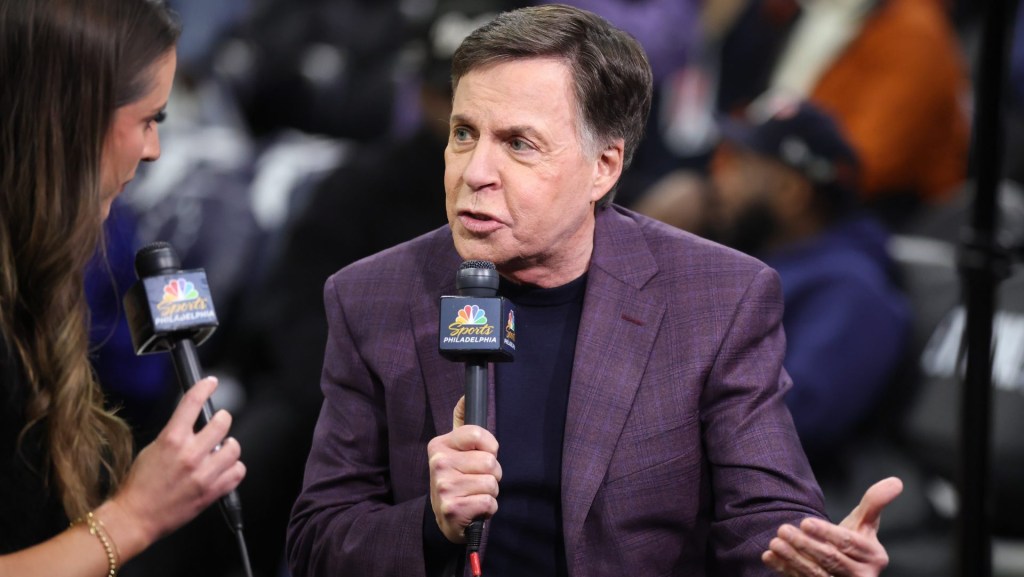With or without NBA rights, Warner Bros. Discovery likely needs some type of catalytic event to help prop up its sagging stock, and discussion is quickly rising around that very notion, both internally and externally.
The Financial Times reported that the TNT Sports parent company is considering a split of its streaming and movie studio business from its linear TV networks to help lift its shares. That effort could take on multiple forms, including selling off certain assets or separating pieces of the company from WBD’s current debt load of $39 billion.
That report closely follows another from Bank of America entitled “Is Unbundling the Answer?” in which a group of financial analysts there argue that major shifts are indeed required at WBD.
“It is becoming increasingly clear that the company, as it is currently constructed, is not working as a publicly traded entity, and transformative changes are likely required to unlock the considerable value embedded within those assets,” wrote the Bank of America analysts, led by Jessica Reif Ehrlich.
Such discussion is happening in large part because WBD shares, despite rising nearly 2.4% on Thursday to $8.52 per share, remain down by 27% since the start of the year and by two-thirds since April 2022, soon after the current company was formed from WarnerMedia’s spin-off by AT&T and a merger with Discovery, Inc. By comparison, the Dow Jones Industrial Average is up by 8% this year and by 17% since April ’22.
The WBD discussion also arrives as the NBA seeks to finalize an 11-year, $76 billion set of media rights with Disney, NBC Sports, and Amazon, a process that remains shrouded in uncertainty and hurt feelings.
About Those NBA Rights …
WBD, meanwhile, is now formally on the clock to make its response to the league, and it has until the end of Monday to decide whether to use its matching rights. The network intends to exercise those rights, likely focusing on Amazon’s streaming deal. The agreement, worth an estimated $1.8 billion per year, is the league’s “C” package and includes a conference final every other year, early-round playoffs in line with what is currently on NBA TV, weekly regular-season broadcasts, the Emirates NBA Cup, and WNBA rights, among other assets.
A TNT Sports spokesperson confirmed to Front Office Sports receipt of the documents and said “they are receiving them and preparing a response in view of matching rights.”
But at this point, can WBD truly match Amazon’s offer? Should they? In November, when WBD CEO David Zaslav famously said, “We don’t need the NBA”—a comment he would later walk back—he was speaking in large part about a perceived need for fiscal discipline, particularly in the face of a weak advertising market. The company’s shares at that point traded around $11.
Now, the entirety of WBD carries a market capitalization of about $21 billion. The Amazon deal, the smallest of the three NBA media-rights deals, is worth $19.8 billion. That proximity of the two figures raises new questions as to whether WBD truly has the financial wherewithal to stay in business with the NBA after the 2024–25 season, the last of the current pact.
Even before a conclusion to the NBA rights process, TNT Sports has made numerous changes to its sports portfolio in recent months, and is increasingly leaning on sister property truTV.
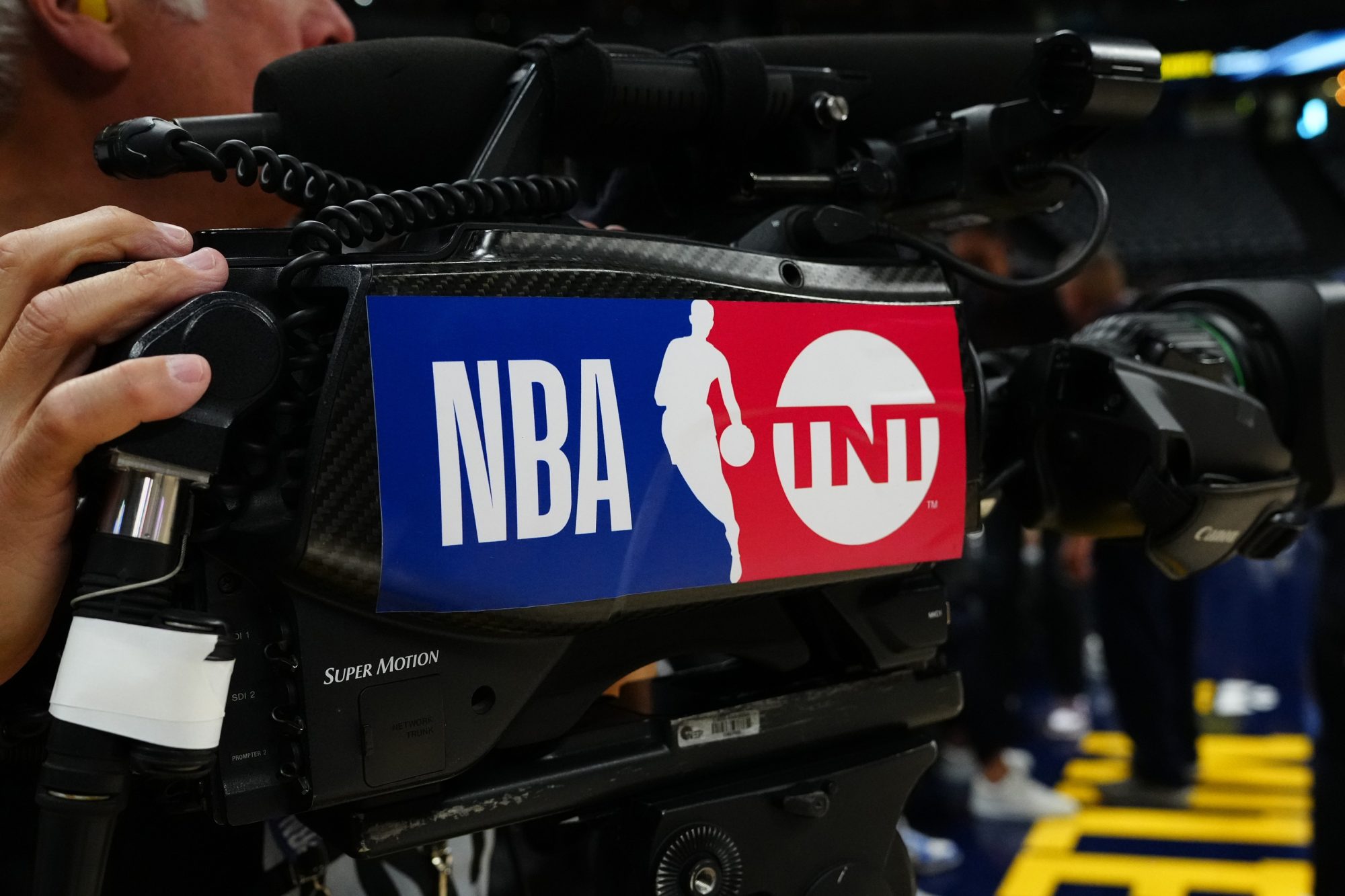
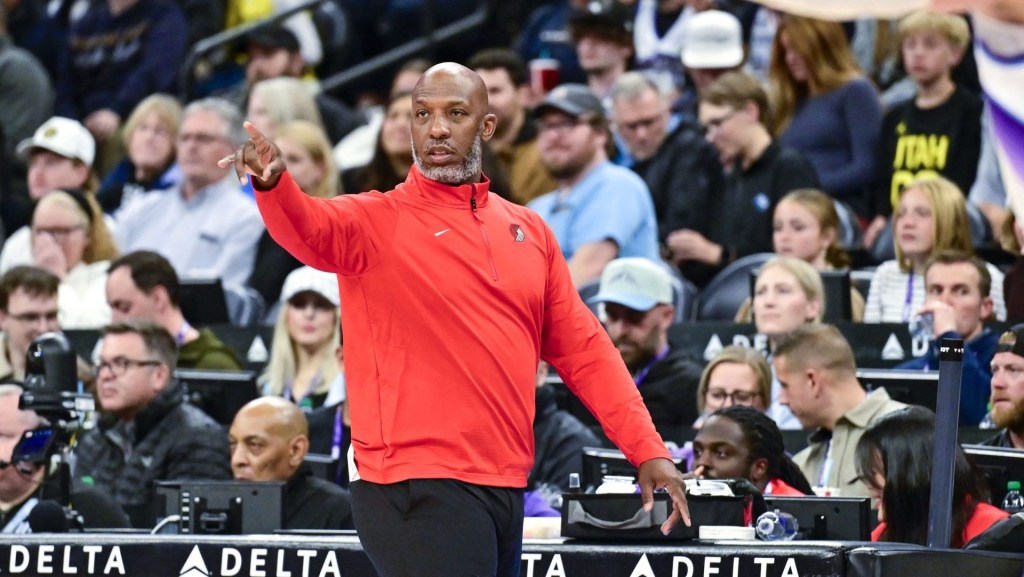

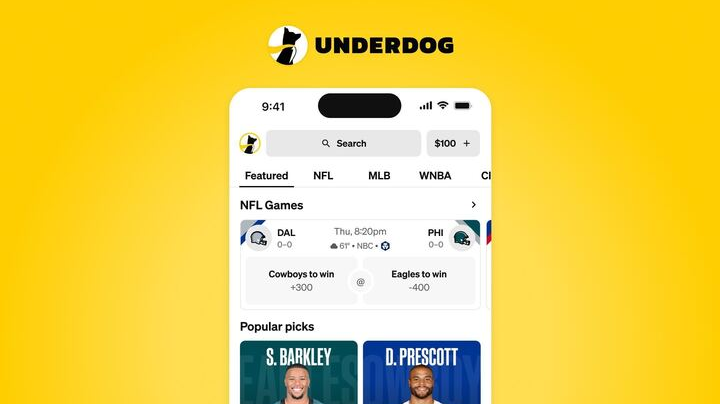
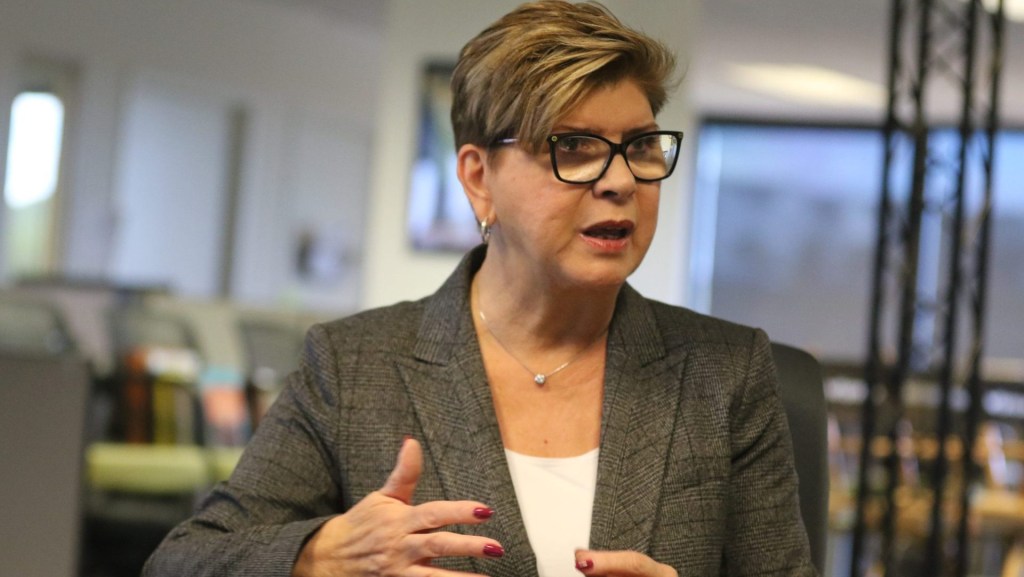


![[Subscription Customers Only] Jun 15, 2025; Seattle, Washington, USA; Botafogo owner John Textor inside the stadium before the match during a group stage match of the 2025 FIFA Club World Cup at Lumen Field.](https://frontofficesports.com/wp-content/uploads/2026/02/USATSI_26465842_168416386_lowres-scaled.jpg?quality=100&w=1024)
![[Subscription Customers Only] Jul 13, 2025; East Rutherford, New Jersey, USA; Chelsea FC midfielder Cole Palmer (10) celebrates winning the final of the 2025 FIFA Club World Cup at MetLife Stadium](https://frontofficesports.com/wp-content/uploads/2026/02/USATSI_26636703-scaled-e1770932227605.jpg?quality=100&w=1024)
